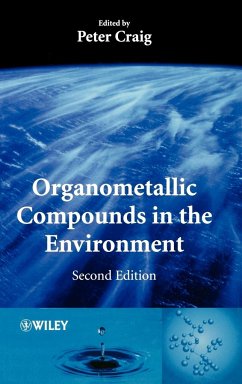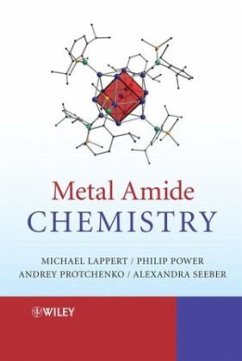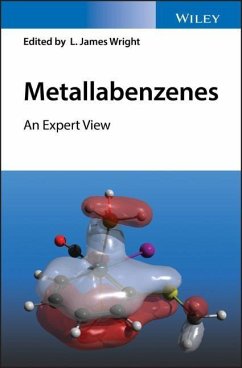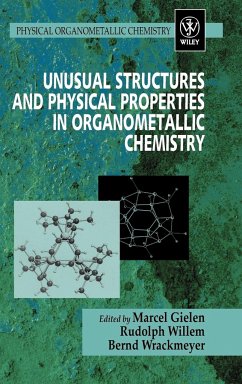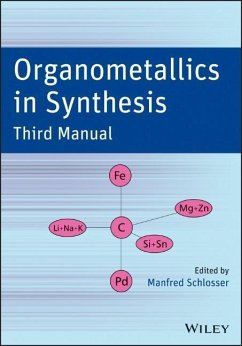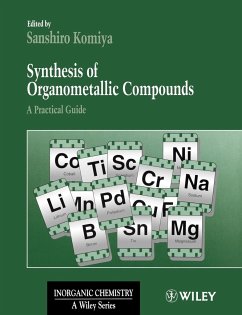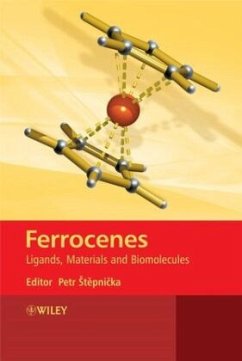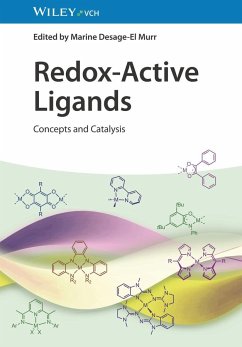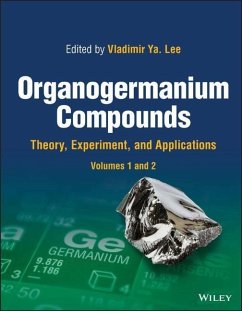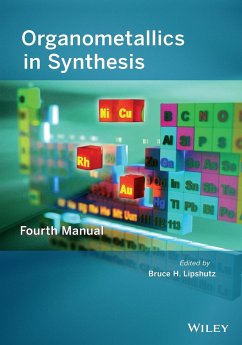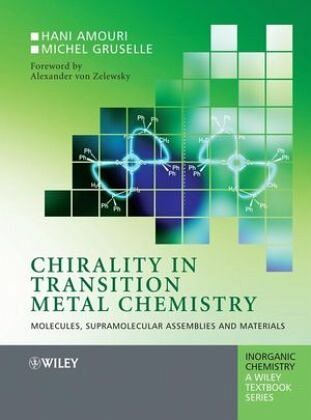
Chirality in Transition Metal Chemistry
Molecules, Supramolecular Assemblies and Materials
Herausgegeben: Woollins, Derek; Atwood, David A.; Crabtree, Robert H.; Mayer, Gerd
Versandkostenfrei!
Versandfertig in über 4 Wochen
73,99 €
inkl. MwSt.
Weitere Ausgaben:

PAYBACK Punkte
37 °P sammeln!
The first book about chirality as it applies to transition metals, Chirality in Transition Metal Chemistry uses practical applications and real world examples to introduce readers to this new field of inorganic chemistry.
Das neueste Werk in der Serie "Inorganic Chemistry Advanced Textbook" betrachtet die unterschiedlichen Eigenschaften von Enantiomeren von organometallischen und supramolekularen Systemen.



